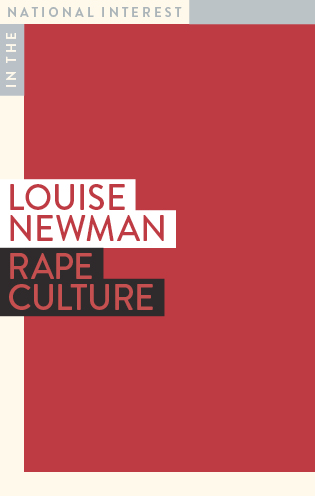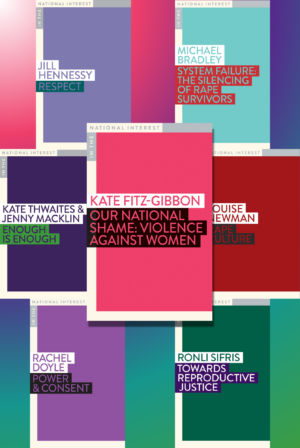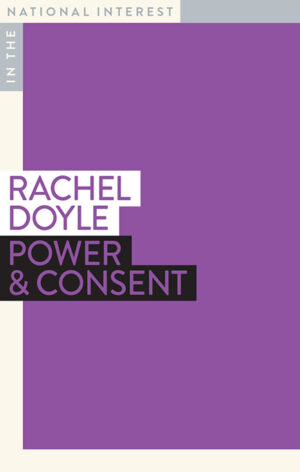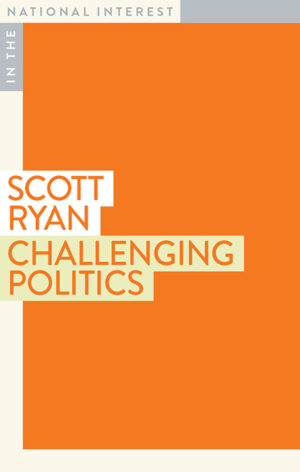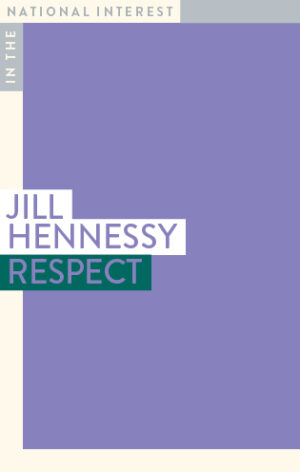The recent revelations and allegations of sexual harassment and assault in the Australian Parliament have prompted furious responses. Political leaders have attempted to limit the damage by referring to the lack of criminal charges, resisting a discussion of entrenched misogyny. Advocates for survivors of abuse see this as a continuation of the long history of normalising the abuse of woman, perpetuating it through legal mechanisms and the exercise of power. We are now hearing calls from young women survivors such as 2021 Australian of the Year Grace Tame to acknowledge the reality of abuse and reform our approach to social justice and support. Young women in schools are speaking out about the impact on their development and mental health. We might have expected our political leaders to respond to this outpouring, but no.
This impasse represents the workings of a ‘rape culture’ where the abuse of women is accepted as commonplace. Traditionally, women survivors have been deemed mentally unwell, hysterical, delusional, vindictive liars. Psychological theories of repression have been misused, contributing to the recycling of the so-called theory of ‘false memories’ whereby the recall of trauma is seen as invented, perhaps implanted by therapists. Yet again, women’s testimonies are discredited. It is concerning that this complex issue is being ventilated by journalists, politicians and lawyers without any clinical understanding of trauma, memory and the implications for support.
Women must not be represented as mentally unstable, untrustworthy or ruled by their hormones while their abusers take refuge in legalisms, obfuscations and the dark art of political calculus.

